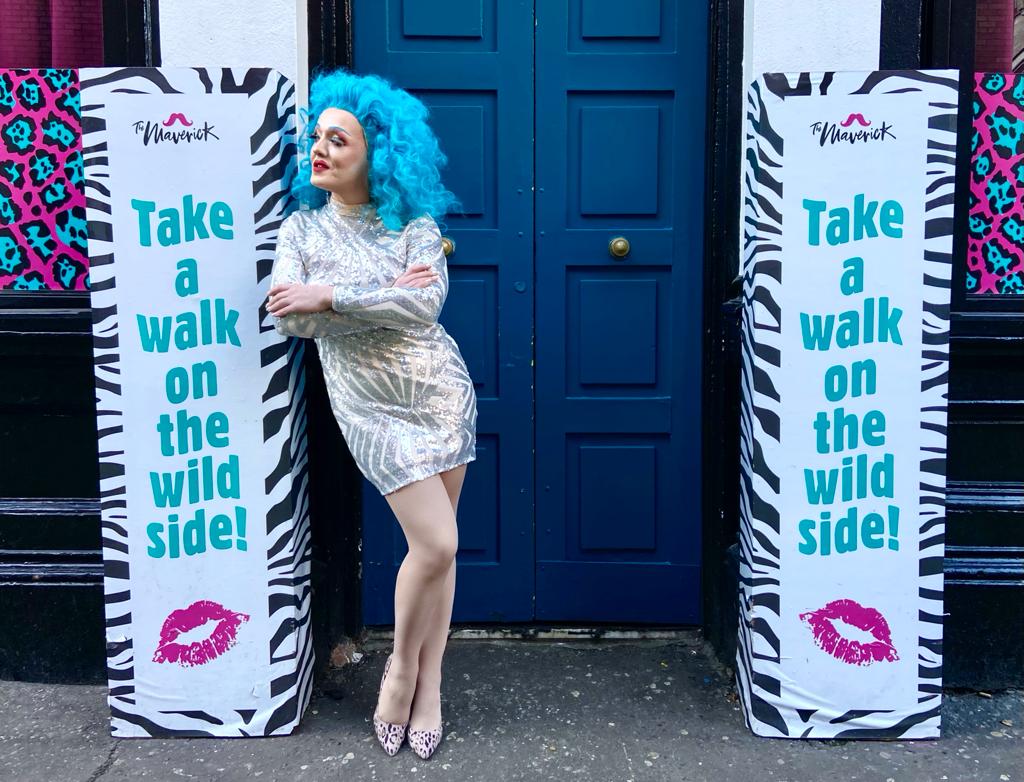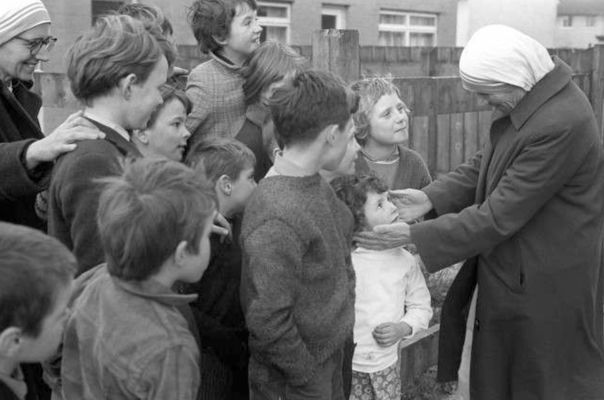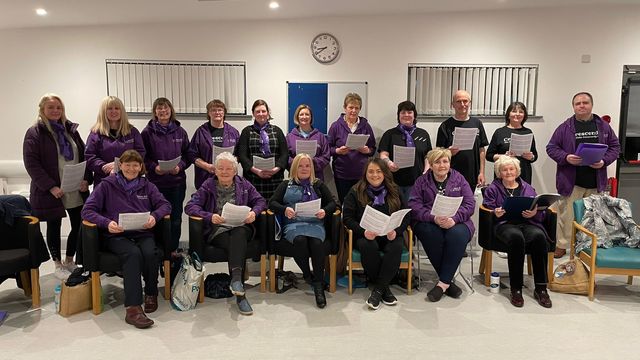WHILE the art of drag can be traced back to Shakespearian theatre, until recently it has been something almost exclusively enjoyed by the LGBT+ community.
With programmes such as RuPaul’s Drag Race bringing the artform into the mainstream, drag performers can often be seen on our television screens and are packing out venues across Belfast. One West Belfast-based drag collective, Haus of Falls has been taking the city’s Queer Quarter by storm.
Detailing how Haus of Falls was established, Mykle Hillman, aka drag mother Misty Falls, said that it was the brainchild of theirs and fellow haus parent, Paul Morgan O’Donoghue aka DeKay.
“We have run the haus together from the very beginning. Paul and I started drag together, performing at the same show.
“At one point my character was going to be called Tiara Crystale but to me that wasn’t what I wanted for the character. Tiara sounded like she was from the Malone Road.
“We had tried to come up with names and Paul, who was at Coláiste Feirste at the time, was walking down the Giant’s Foot. At the bottom where Áras Uí Chonghaile is now, used to be Tropical Falls beauty salon.
“He phoned me one day and said that our drag surname had to be Falls. We were both from the Falls anyway and it just seemed to fit.
“At one point my character was going to be called Tiara Crystale but to me that wasn’t what I wanted for the character. Tiara sounded like she was from the Malone Road.
“In the beginning there was only the two of us and then when we were at uni in Derry we met Nancy Screw who became a good friend. Then we met River Styx who was only 16 at the time.
“I don’t know what it was, but when we saw River perform there was something there and Paul and I knew we had to have them as part of the group.
“More recently we have been joined by Miz Tasty, who I’d known of through his cousin and Scarlett Mugler. When I saw them both perform, I phoned Paul and told him that I had found our next two.”
Mykle said that they view the other performers as their kids and said that people often struggle with the concept that you can have a family outside of your actual family.
“It goes back to the fact that as an LGBTQ person you have both your biological family where you may or may not have a relationship with, then you have your chosen family. The Haus of Falls is our chosen family. It is our support unit.”
As the likes of RuPaul’s Drag Race brings the artform into the mainstream, Mykle said that it has been both good and bad for the drag community.
“Through the likes of Drag Race, drag is being pushed into the mainstream where some of us are getting gigs outside of our usual venues. We have the likes of Pauletta Stelleta doing the Belfast Ma and then we have the Drag Race cast coming regularly to the likes of the Empire and the Europa.
Misty Falls
“When we do our shows, we are doing the local bars every week. It is great on one hand because we are now able to take our shows to the venues that we wouldn’t have dreamt of before and we are being hired for the likes of beauty store openings.
“The downside of it is that everyone now thinks that they can critique like a judge on RuPaul’s Drag Race and so you have kids as young as 13 or 14 speaking to performers like they have the right to be nasty about it. It also extends to cyber bullying within the Drag Race community too which is horrible.”
Detailing the inspiration behind their own drag, Mykle said that drama and the arts were always the route they wanted to pursue. When it came to drag, Mykle was inspired by the likes of May McFetridge and James Young’s characters in Our Jimmy.
“It was Eurovision of all things that sparked my interest in drag. I said to my ma about it and she told me about Tina Legs Tantrum who she had grown up with in Beechmount,” they said.
“I started watching the old Sunday Bingo videos on YouTube and when myself, Paul and my cousin turned 18 we went to our first Sunday Bingo drag show.
The likes of Drag Race has made it easier, especially for younger male presenting people to not have the perception that they have to be masculine all the time.
“I got speaking to Tina and at that point I never thought about doing drag myself. About eight months later, Paul and I joined Tina on the Sunday Bingo show where we performed an eight minute long Wicked mix. From there, it was a hobby then it became a wee bit of work on the side.”
Mykle self identifies as gender fluid and says that drag has helped them with their own gender identity.
“When you go from male presenting and the stereotype of a typical West Belfast man, it is the complete opposite of what we do in drag. I myself would flux between those two depending on what mood I am in.
“The likes of Drag Race has made it easier, especially for younger male presenting people to not have the perception that they have to be masculine all the time.
“Anyone from a working class background is probably brought up being told what men do and what women do. Going to the extremes of doing drag as a profession is hard. I am lucky in that my dad’s side of the family were all supportive from the very start.
“But, it is one of those ones where you always have it in the back of your mind where you know that female members of your family are probably going to be ok with it. There is always the thought that it could make or break a relationship which is a hard thing for someone from the LGBTQ community, on top of everything else they have to deal with.”
As someone who would know the Belfast LGBT+ scene quite well, Mykle believes that there needs to be more education and safety, particularly for the transgender community.
“The trans community is the most overlooked part of the LGBTQ community. Parts of the LGBTQ community are in a better situation than others are. When it comes to trans healthcare, it is shocking,” they continued.
“The waiting list for the gender referral clinic in Northern Ireland is the worst in the UK to the extent that I believe the rate of younger trans suicides are higher in Northern Ireland because it is such a wait.
“Because we see gay, lesbian and bisexual people within the media, we think that once we solve the issues with those parts, then that’s it done. Whereas the T in the community are the most troubled.
“There are so many more issues that trans people have when it comes to being able to live as themselves than to be just living in your sexual orientation.”






